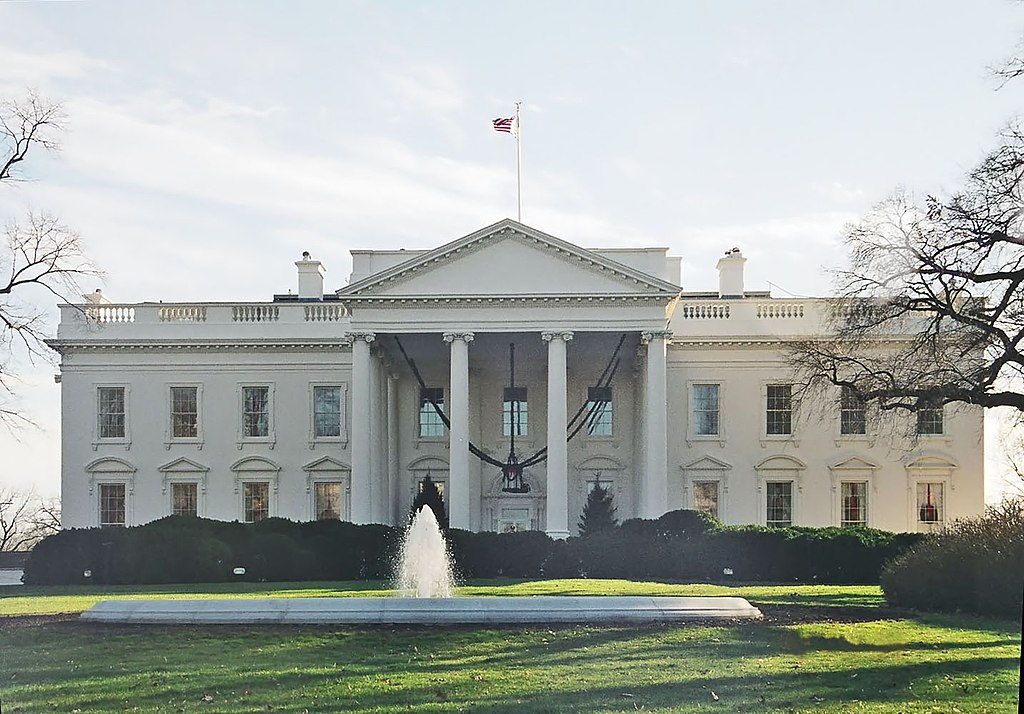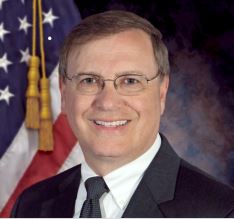Can the President Claim Transition Period Privilege?
The Senate Intelligence Committee argued that the president-elect may not claim executive privilege for advice received after the election and before the inauguration. A federal judge reached the opposite conclusion.

Published by The Lawfare Institute
in Cooperation With

On Aug. 18, the Senate Select Committee on Intelligence released volume 5 of its report entitled “Russian Active Measures Campaigns and Interference in the 2016 U.S. Election.” The committee generally worked in a thoughtful and bipartisan manner, and added vital information to the public record regarding Russia’s attack on our election—in stark contrast to its House counterparts.
Apart from the substance of the report, it raises the fascinating question of whether a president-elect, transitioning to office, can claim executive privilege for advice received after the election and before the inauguration—essentially, a transition privilege.
The committee took the position that such a claim would be invalid, noting in its report that it encountered a
multitude of novel and unprecedented potential executive privilege claims from the [White House Counsel’s Office] on behalf of members of President-elect Trump's Transition Team and the Transition itself, for communications before Trump took office. The Committee was surprised by these assertions because they were made inconsistently and because they have no basis in law. The Committee's experience demonstrated the potential for abuse of executive privilege, particularly as it relates to impeding a Congressional inquiry.
The committee further noted its view
that executive privilege for President Trump began when he assumed Constitutional office, at noon on January 20, 2017. During the 2016-2017 Presidential Transition, President Obama was the person holding the Constitutional office of the President, and therefore the only person who could assert a Constitutional privilege for that period.
The committee added that “throughout the investigation, and still today, the Committee adheres to the view that a valid claim of executive privilege can only exist once a President has been sworn into office.”
But, in an opinion released on Sept. 3, Judge Reggie Walton of the U.S. District Court for the District of Columbia ruled, in a Freedom of Information Act case brought by media plaintiffs to obtain unredacted copies of FBI interview memoranda from Special Counsel Robert Mueller’s investigation, that certain Justice Department redactions were proper, in part, because confidential communications made to a president-elect are—and should be—privileged.
In fact, as the court recounted, the department asserted that three types of presidential communications ought to be protected by privilege:
(1) communications between [g]overnment officials or staff during the [a]dministration in connection with presidential decision-making; (2) communications between transition officers or staff which concern potential presidential decisions after the [i]nauguration; and (3) communications involving private parties concerning presidential decision-making.
It is the second category that so troubled Intelligence Committee staff. Nevertheless, as the court noted in its opinion:
All three of the Department’s categories describe communications that involve the types of advisers—individuals with “broad and significant responsibility for investigating and formulating the advice to be given the President,” … contemplated as being covered by the presidential communications privilege.
The court also noted that:
The Department further represents that “disclosing transition deliberations would jeopardize the ability of future Presidents-elect to have full and candid discussions with their advisers” and “would undermine the ability to protect the confidentiality of discussions on the same matters after the President-elect takes office and further damage the quality of presidential decision-making.” [] The Court concludes that the Department has sufficiently identified the foreseeable harm that would result if the information withheld pursuant to the … presidential communications privilege were disclosed.
Sometimes, where you stand depends on where you sit. If Joe Biden wins in November, he will need and want candid, thoughtful and unfiltered advice from his advisers during the transition period. Any president-elect would. That is precisely what this sort of privilege helps to furnish—and his advisers will appreciate that their transition discussions are cloaked in that privilege. Walton’s decision on a transition period privilege may not be the last words on the issue, but they are wise words nonetheless. The Intelligence Committee’s frustration aside, the judge got it right.





